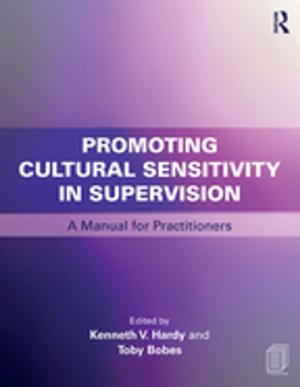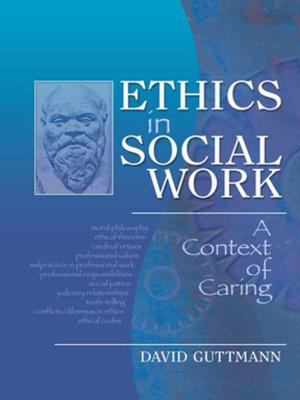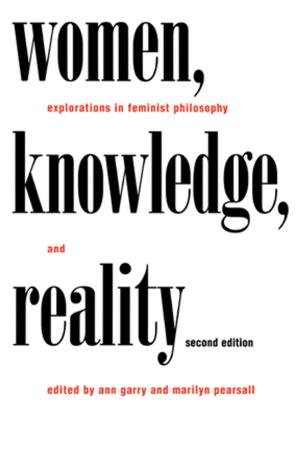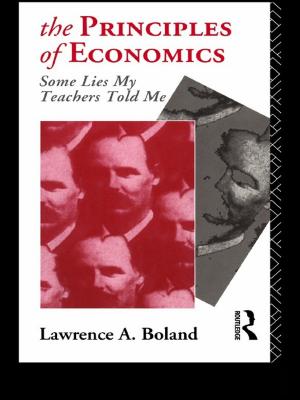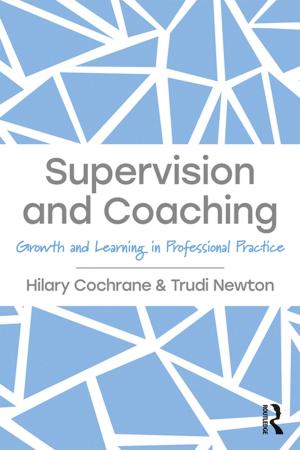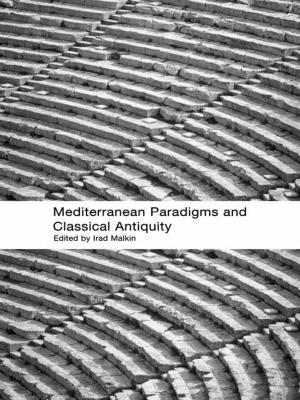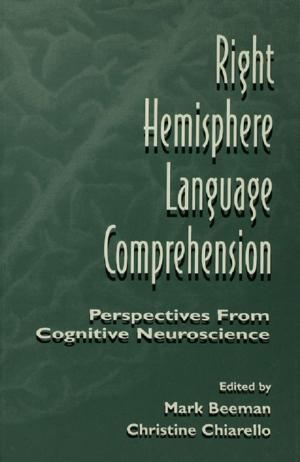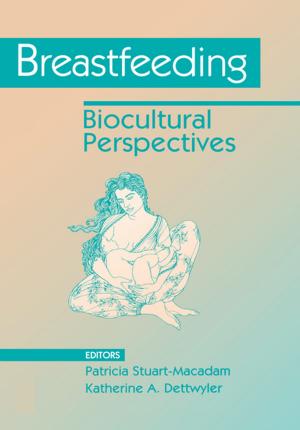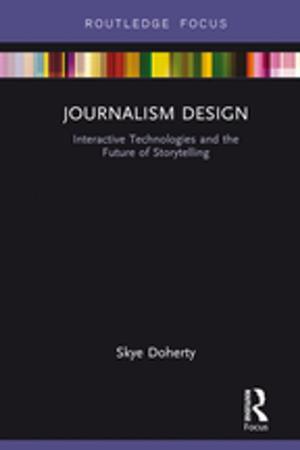Musical Knowledge
Intuition, analysis and music education
Nonfiction, Entertainment, Music, Reference & Language, Education & Teaching| Author: | Prof Keith Swanwick, Keith Swanwick | ISBN: | 9781134854875 |
| Publisher: | Taylor and Francis | Publication: | November 1, 2002 |
| Imprint: | Routledge | Language: | English |
| Author: | Prof Keith Swanwick, Keith Swanwick |
| ISBN: | 9781134854875 |
| Publisher: | Taylor and Francis |
| Publication: | November 1, 2002 |
| Imprint: | Routledge |
| Language: | English |
The understanding of music involves the mastery of its various layers of meaning. Sometimes this meaning can be acquired through human insight; at other times, it can be learned. The central concern of Musical Knowledge is the tension between intuitive and analytical ways of making sense of the world. Keith Swanwick examines this relationship on three levels: in considering music as a way of knowing; as the apparent predicament between qualitative and quantitative research paradigms; and as a tension in education. Keith Swanwick guides his reader from a theoretical exploration of musical knowledge, through an examination of ways of researching the musical experience to a concluding section which will be of direct practical help to teachers. He suggests ways in which music education can be a vital transaction, giving examples across a range of music teaching, including school classroom and instrumental studios. The book will be of interest to anyone who makes or responds to music.
The understanding of music involves the mastery of its various layers of meaning. Sometimes this meaning can be acquired through human insight; at other times, it can be learned. The central concern of Musical Knowledge is the tension between intuitive and analytical ways of making sense of the world. Keith Swanwick examines this relationship on three levels: in considering music as a way of knowing; as the apparent predicament between qualitative and quantitative research paradigms; and as a tension in education. Keith Swanwick guides his reader from a theoretical exploration of musical knowledge, through an examination of ways of researching the musical experience to a concluding section which will be of direct practical help to teachers. He suggests ways in which music education can be a vital transaction, giving examples across a range of music teaching, including school classroom and instrumental studios. The book will be of interest to anyone who makes or responds to music.

